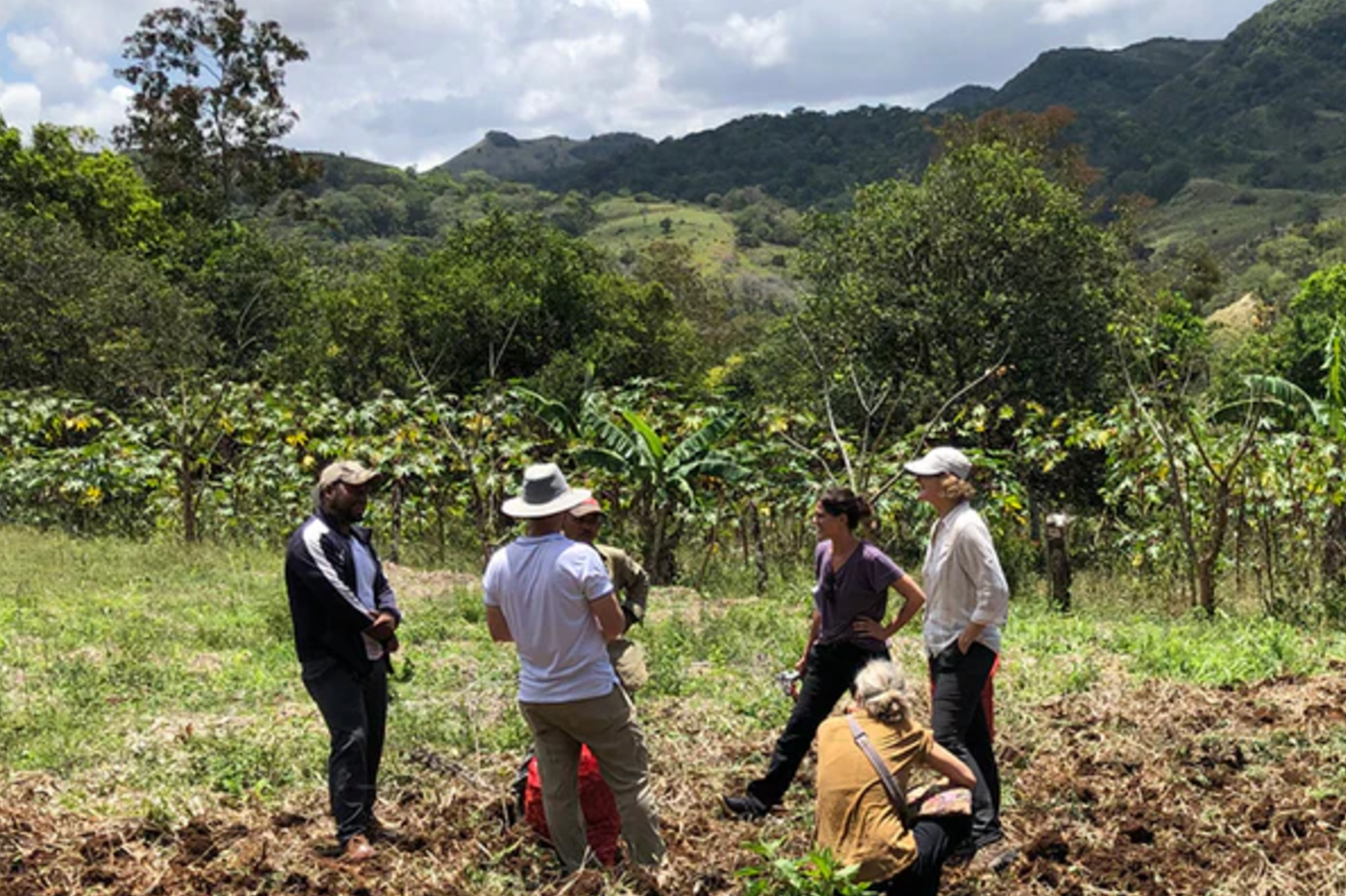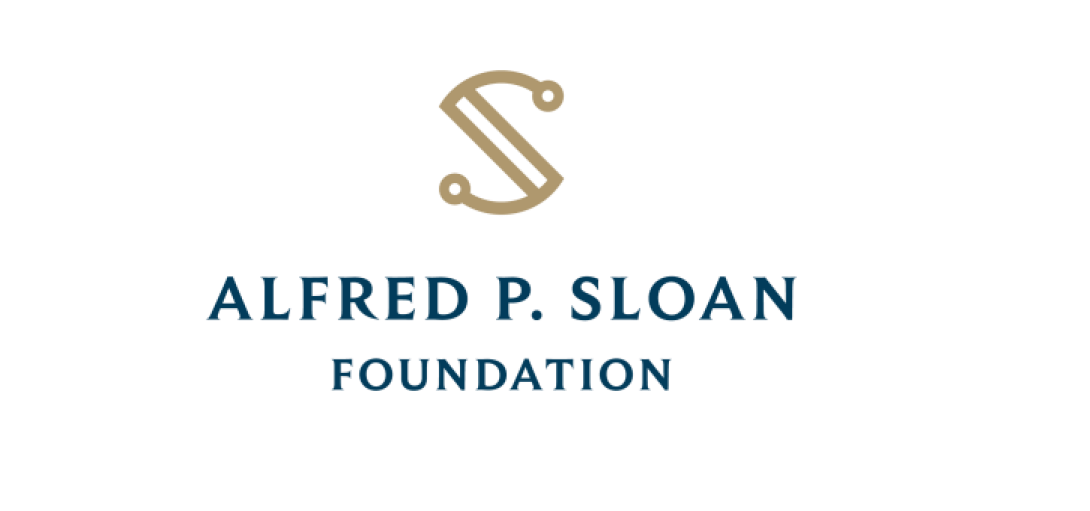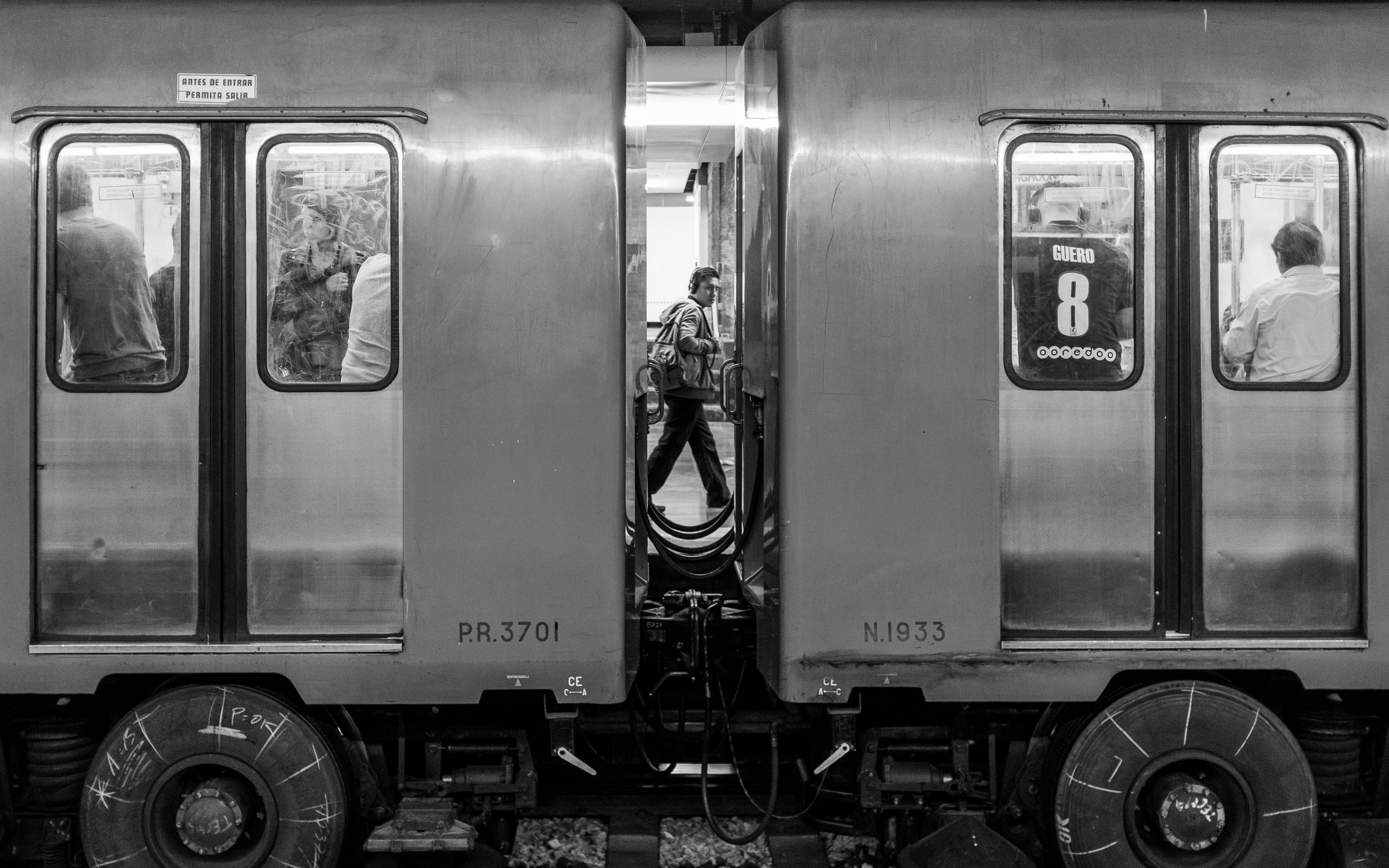Initiatives
Financial Globalization
Financial globalization is one of the defining features of the world economy. Cross-border financial holdings have exploded in the last forty years, and are often many times larger than annual national income for advanced economies. As our economies become ever more financially inter-twinned, the effectiveness of traditional macroeconomic policies and their interactions is rapidly evolving. Global banking and portfolio flows deeply affect the resilience and stability of our financial systems, and the sustainability of public debts. The Clausen Center is at the forefront of the intellectual efforts to better understand this complex and rapidly changing landscape.
International Financial Architecture
Since 1973 and the collapse of the Bretton Woods system of fixed but adjustable parities, the world economy has experienced profound transformations. This research initiative explores vital questions such as the role of the US dollar as a reserve currency, the evolving nature of financial fragilities in advanced and developing nations; the necessary reforms of the international monetary system; the nature of currency wars; the coordinated regulation and supervision of financial institutions and markets; the role of international organizations such as the International Monetary Fund in dealing with sovereign and external crises. Members of the Clausen center consult repeatedly with the IMF, the World Bank, the Bank for International Settlements, the European Commission, the European Central Bank, the US Federal Reserve, the Bank of England or the Bank of Japan, on these matters.
International Trade & Development
Economic integration with the rest of the world has been a central feature of rapid-growth experiences in the last decades. At the same time, however, many countries that have adopted more open regimes to international trade and foreign direct investment have not reaped the expected benefits and have experienced within-country disruptions. We need to better understand the connection between economic integration and economic development. Under what conditions do more open trade and investment policies promote development? Members of the Clausen Center are pursuing work at the research frontier to better understand the impact of trade and foreign direct investment on welfare and development, as well as its differential effects across groups of agents in the economy. Our faculty are also using the tools of international economics to understand patterns of intra-country trade and the differential effects of trade globalization. The expectation is that the fruits of this research will better guide policies to harness the opportunities associated with economic integration for development.
International Business Education
Business is international. Whether through international trade, foreign direct investment, cross-border portfolio flows, policy decisions on intellectual property, regulations, and taxes around the world, or the competitive environment of an industry in any particular economy, business is shaped by international circumstances. The Clausen Center will bring the frontiers of research on international business and policy to the business community. Through executive education training, the Center will enhance the ability of professionals working in the private and public sectors to make sound evaluations and decisions about global economic challenges. This initiative is tailored to support the practice of international business and policy. The Clausen Center will also support developing new teaching material (cases), and it will stimulate academic dialogue by bringing business leaders and policy makers to the classroom
Grants

Responsible Sourcing? Theory and Evidence from Costa Rica
by Alonso Alfaro-Ureña, Benjamin Faber, Cecile Gaubert, Isabela Manelici, Jose P. Vasquez|| Multinational enterprises (MNEs) increasingly impose “Responsible Sourcing” (RS) standards on their suppliers worldwide, including requirements on worker compensation, benefits...

Stablecoin Devaluation Risk
by Barry Eichengreen, My T. Nguyen, Ganesh Viswanath-Natraj Stablecoins' reliance on centralized custodians introduces devaluation risk similar to that of traditional currencies under fixed exchange rate regimes. The authoers construct market-based measures of...

Unlocking access to credit through technological innovation
by Paul Gertler, Brett Green, Catherine Wolfram The proliferation of mobile technologies and digital payments systems have the potential to radically change the credit market landscape in developing economies. In this project we will explore how a combination of these...

Placed-based redistribution
by Cecile Gaubert, Pat Kline and Danny Yagan. Place-based redistribution is ubiquitous but has traditionally enjoyed little support among economists. We study a class of spatial equilibrium models highlighting the equity-efficiency tradeoffs that arise when taxes and...
Fellowships

Benjamin Faber and Cecile Gaubert Named 2020 Sloan Fellows
Clausen Center faculty Benjamin Faber and Cecile Gaubert have been selected as 2020 Sloan Research Fellows in economics. Awarded annually since 1955, the fellowships honor scholars in the U.S. and Canada whose creativity, leadership, and independent research...

Public procurement in developing countries
by Andres Gonzalez-Lira Creating effective institutions that regulate the way public authorities purchase goods, works, and services is critical to promote a level playing field for all businesses and ensuring efficient resource allocation. This research project aims...

Multiproduct firms and markup
by Chaewon Baek & Todd Messer Many studies in international trade and macroeconomics typically assume that all firms produce only a single product. However, as emphasized by Hottman et al. (2016), multi-product firms actually account for a significant portion of...

Informality, Commuting & Urban transport improvements: evidence from Mexico City
by Roman Zarate This paper assesses the impact of urban transit improvements on labor allocation between informal and formal firms in Mexico City. I exploit the construction of new subway lines and a Bus Rapid Transit (BRT) system to study the relationship between...
